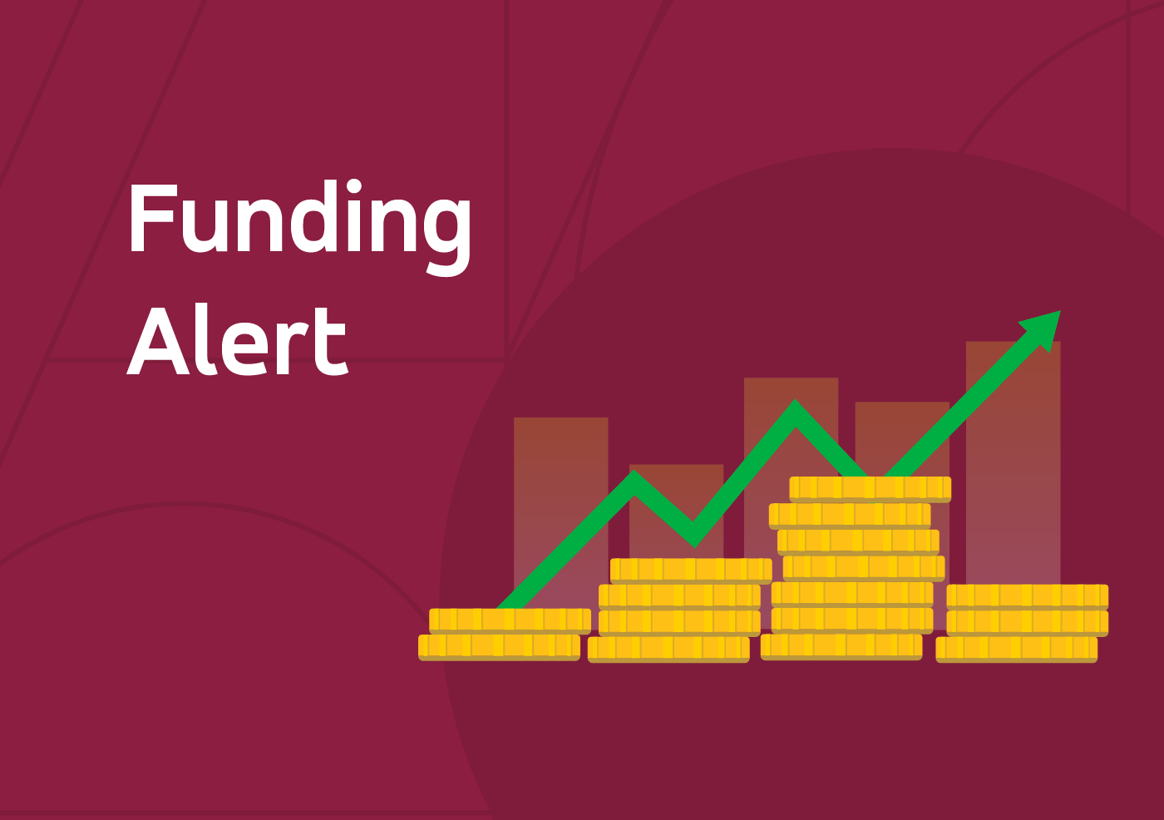As part of the recent bipartisan infrastructure law, also known as IIJA (Infrastructure Investment and Jobs Act), Congress authorized two programs intended to reduce the carbon emissions of America’s transportation infrastructure by creating a national network of electric charging and alternative fueling stations.
The National Electric Vehicle Infrastructure (NEVI) program establishes standards for electric vehicle chargers and provides states with funds to plan for and construct electric charging infrastructure, beginning with designated alternative fuel corridors. Building on the NEVI program, the Charging and Fueling Infrastructure Discretionary Grant (CFI) Program provides $2.5B over five years in competitive grants for states, local governments, and other entities to install NEVI-compliant electric vehicle chargers and alternative fueling stations.
This week, the Federal Highways Administration announced that $700M will be available through the CFI program this year. The program is divided into two components, the Community Program and the Corridor Program, with $350M in total available through each. For both programs, grants will cover up to 80% of eligible project costs.
Community Program
The Community Program provides awards ranging from $500K to $15M to states, MPOs, tribal governments, territories, local governments, other political subdivisions of a State, authorities with a transportation function, and groups of the above. Grants may be used for any project in a publicly accessible location which is expected to reduce greenhouse gas emissions and expand or fill gaps in access to public electric vehicle chargers or alternative fueling (hydrogen, propane, or natural gas) infrastructure. Grant funds can be used to pay for acquisition and installation of eligible infrastructure, including construction costs, land acquisition costs, development phase activities such as planning and feasibility analysis, and contracting with a private entity for construction and operation of eligible infrastructure. Up to 5% of awarded funds may also be used for education and community engagement activities to support the use of zero-emission vehicles. The Community Program will prioritize projects in rural areas, low and moderate income neighborhoods, and in communities with a low density of private parking or a high density of multi-unit dwellings.
Corridor Program
Like the Community Program, the Corridor Program provides grants to states, MPOs, tribal governments, territories, local governments, other political subdivisions of a State, authorities with a transportation function, and groups of the above for projects to install publicly accessible electric charging and alternative fueling infrastructure. However, there are some key differences. As the name implies, Corridor Program projects must be located along designated alternative fuel corridors (AFCs).
In addition, Corridor Program funds must be used to contract with private entities for the acquisition, installation, and operation of eligible infrastructure. Awards may only pay for five years of operational expenses, and operational assistance may not exceed the cost of construction and installation. Funds may also be used to install traffic control devices and signage to direct users to installed infrastructure. For the Corridor Program, DOT will consider the degree to which projects improve AFC networks, provide redundancy, reduce congestion, or meet excess demand. DOT will also prioritize projects which accommodate medium and heavy-duty vehicles, especially near port facilities.
For both CFI programs, DOT will evaluate applications based on the degree to which they promote safety, climate change and sustainability, equity, workforce development, and accessibility. In addition, DOT will consider geographic diversity and market demand. For more detailed information on the CFI grant, including required materials, selection criteria, and funding requirements, please see the Notice of Funding Opportunity.
If you’re interested, please reach out to partnerships@ridewithvia.com. We’d love to help as you consider applying and can provide insight into the application process. Applications are due May 30, 2023. See more alerts here and click the button below to receive our newsletter, with new funding alerts included every month.

.png?width=71&height=47&name=Sioux%20Falls%20Webinar%20(6).png)


